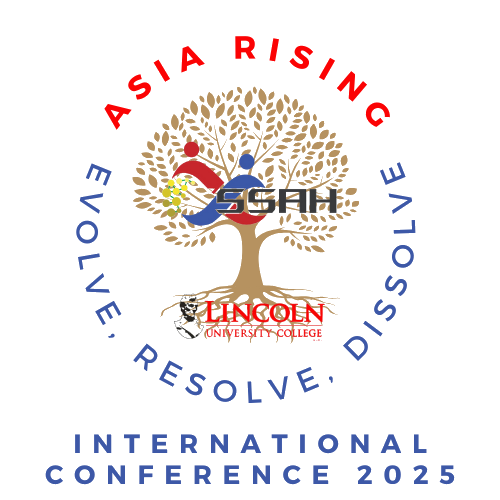Optimizing International Construction Project Management in Malaysia: Key Challenges and Strategic Solutions
Cheng Chao
Abstract
Managing overseas construction projects in Malaysia presents unique challenges due to cultural, legal, and operational differences. This paper examines key obstacles faced by international enterprises, including cross-cultural communication barriers, regulatory compliance (such as foreign ownership restrictions and labor policies), supply chain inefficiencies, political and economic risks, and stringent Health, Safety, and Environment (HSE) standards. To address these challenges, the study proposes strategic solutions: enhancing local workforce integration, ensuring legal compliance through joint ventures, optimizing supply chains via localized procurement, mitigating risks through insurance and financial hedging, and adhering to Malaysia’s OSH regulations. Successful case studies, such as the East Coast Rail Link (ECRL) , Paper Factory projects demonstrate effective adaptation strategies. The findings highlight that a combination of cultural sensitivity, regulatory awareness, and robust risk management is critical for project success in Malaysia’s dynamic construction landscape. Keywords: Malaysia construction projects, cross-cultural management, regulatory compliance, risk mitigation, local supply chain
The Impact of Migration on the Geopolitics of Somalia
Liban Mohamud1*, Sivasegaran Nadarajan2
Lincoln University College, Malaysia
*Email: Libanhamarrow@gmail.com
Abstract
This paper explores the evolving dynamics of migration in Somalia and its broader geopolitical implications. Somalia has long been affected by a combination of environmental degradation, political instability, and socioeconomic hardship, all of which contribute to complex migration patterns both internally and internationally. Despite the abundant literature on conflict-driven migration, there is a critical gap in understanding how these drivers interact and how future migration trends may evolve. This study adopts a mixed-methods approach, combining semistructured interviews with a structured questionnaire and follow-up survey targeting internal migrants, refugees, policymakers, and diaspora communities. The research is grounded in Push-Pull Theory, Migration Systems Theory, and Transnationalism to provide a comprehensive analytical lens. The anticipated findings aim to map out emerging trends and predict future migratory flows from Somalia. These insights are expected to inform policy interventions by highlighting the multidimensional drivers of migration, particularly in light of climate change, ongoing political transitions, and youth unemployment. Furthermore, the study contributes to Sustainable Development Goals (SDGs), particularly SDG 10 (Reduced Inequalities), SDG 13 (Climate Action), and SDG 16 (Peace, Justice and Strong Institutions). Ultimately, the research aspires to support more effective migration governance and humanitarian strategies in the Horn of Africa and similar crisis-prone regions. Keywords: Somalia, migration, geopolitics, climate change, political instability, SDGs, migration theory, transnationalism.
